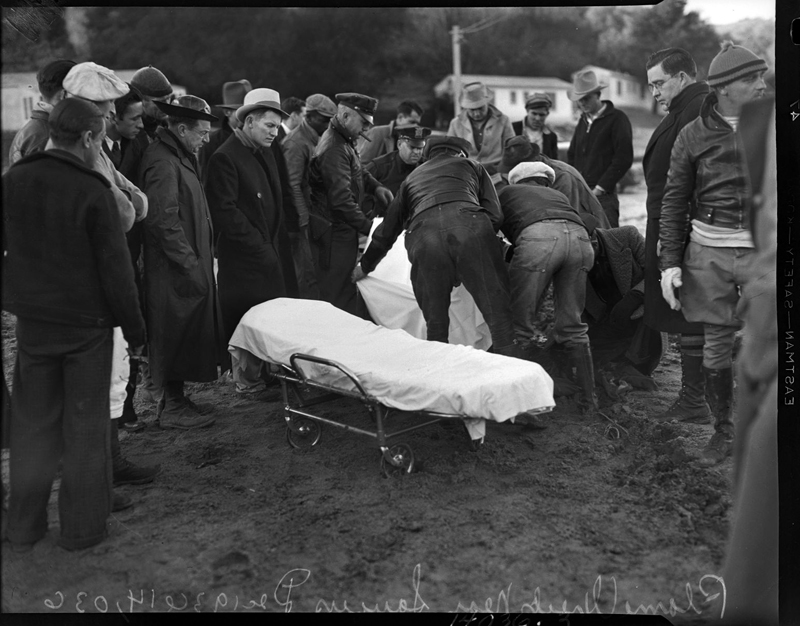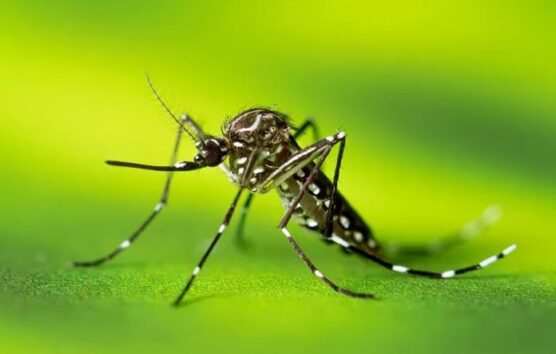The California Department of Public Health is encouraging Californians to take precautions against diseases spread by mosquitoes after recording six deaths caused by West Nile virus and ongoing transmission in many regions of California, especially the Central Valley.
In Los Angeles County, the Los Angeles County Department of Public Health has reported four cases of locally acquired dengue, a disease also spread by mosquitoes that is usually associated with international travel.
CDPH is working to protect communities and reduce the risk of infection through coordinated efforts of local and state public health and vector control agencies – the local government organizations responsible for helping control mosquito populations. In addition to these efforts, Californians should protect themselves by taking steps to prevent mosquito bites, which you can learn more about below.
“It’s important to remember that mosquitoes are still active well into cooler months,” said CDPH Director and State Public Health Officer Dr. Tomás Aragón. “Everyone in California can protect themselves by using mosquito repellent and making sure there is not standing water where disease-carrying mosquitoes grow.”
Prevention
The best way to prevent diseases that are spread by mosquitoes is to protect yourself from mosquito bites:
Use U.S. Environmental Protection Agency-registered mosquito repellent on clothes and exposed skin to keep mosquitoes from biting.
Wear long sleeves and pants for extra protection.
Take charge of your yard to help control mosquitoes around your home: 1) Dump and drain any standing water where mosquitoes can grow; 2) Make sure doors and windows have tight-fitting screens to keep mosquitoes out; 3) Report day-biting mosquitoes to your local mosquito and vector control agency.
While traveling, stay in places with air conditioning or window and door screens, or sleep under a mosquito bed net to keep mosquitoes out.
Even if you don’t feel sick or remember being bitten by mosquitoes while traveling, you may still have been infected. Use mosquito repellent for 3 weeks after returning home to help prevent the spread of viruses to mosquitoes that could bite and infect others in your community.
West Nile Virus
This year, CDPH has recorded 63 human cases of West Nile virus, including six deaths. Cases of West Nile virus occur during mosquito season, which typically starts in the summer and continues through fall.
There are no vaccines to prevent or medicines to treat West Nile virus in people. Fortunately, most people (about 80%) infected with this virus do not feel sick while 20% will experience symptoms like fever, headache, body aches, nausea, and vomiting.
Only 1% of individuals who get West Nile virus will become very sick, with impacts to the brain and/or nervous system. West Nile virus can be fatal.
California’s West Nile virus website includes the latest information on West Nile virus activity in the state. Californians are encouraged to report dead birds on the https://westnile.ca.gov/#msdynttrid=npA9aDh0-08Lxjt7GmtvjAySJwP68EWQXanJxb9QkIQ or by calling toll-free 1-877-WNV-BIRD (877-968-2473).
Dengue
Four people in Los Angeles County became ill with dengue in August and September 2024, despite not traveling outside of the country. These are the first documented cases of locally acquired dengue in California this year; two locally acquired dengue cases were identified in Los Angeles County residents in 2023. Prior to that, from 2016 through 2022, no locally acquired cases had been reported. CDPH is working with LACDPH and local mosquito and vector control agencies to monitor dengue cases and manage mosquitoes that may carry dengue virus. To date, no dengue-infected mosquitoes have been identified in the state.
Most people (about 75%) who are infected with a dengue virus never develop symptoms. If a person does get sick, their symptoms can range from mild to severe, with the most common symptoms being fever, aches and pains, nausea, and vomiting. Overall, the risk of locally acquired dengue in California is low. Unlike West Nile virus, sustained transmission of dengue virus is unlikely in California. To learn more about dengue, please visit CDPH’s dengue website.
Information for Health Care Providers
Physicians concerned about West Nile virus treatment can find more information at the physician resource page on the West Nile virus site.
California health care providers should have increased suspicion of dengue among patients with fever who have been in areas with known dengue transmission, or if they live in areas with invasive mosquitoes known to carry viruses.
If infection with dengue is suspected in a patient, appropriate testing should be ordered. Clinical testing guidance and a case management pocket guide for dengue is available from the Centers for Disease Control and Prevention.
The CDC’s June 2024 health alert has more information on the increased risk of dengue virus infections in the United States due to an increased number of dengue infections globally.
Resources
To learn more about how you can protect yourself and loved ones from diseases carried by mosquitoes, visit the CDPH Mosquitoes and Mosquito-Borne Diseases webpage.
Like this:
Like Loading...
Related





 Tweet This
Tweet This Facebook
Facebook Digg This
Digg This Bookmark
Bookmark Stumble
Stumble RSS
RSS


























REAL NAMES ONLY: All posters must use their real individual or business name. This applies equally to Twitter account holders who use a nickname.
0 Comments
You can be the first one to leave a comment.